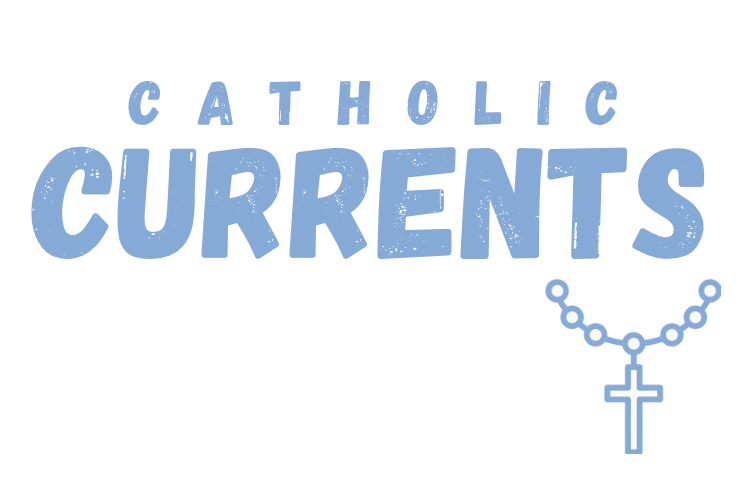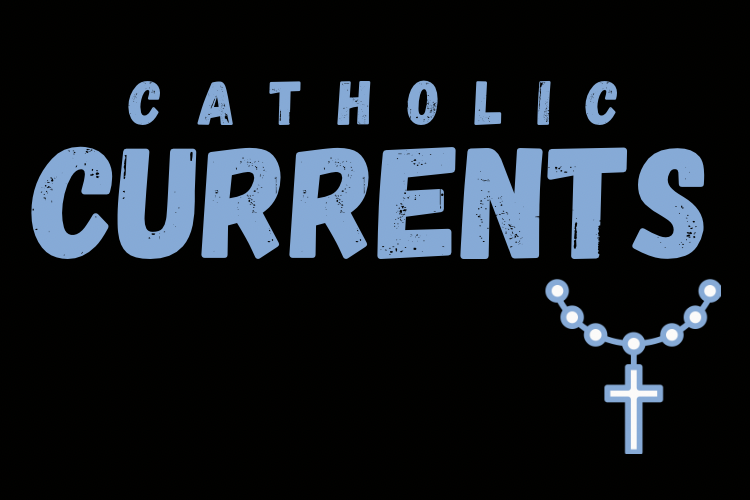Introduction:
Today, we celebrate the feast day of one of the most influential figures in modern Catholic history - Pope Saint John Paul II. Born as Karol Józef Wojtyła on May 18, 1920, in Wadowice, Poland, he served as Pope from 1978 until his death in 2005, and his life and legacy continue to inspire millions around the world.
Early Life:
Karol was the youngest of three children born to Emilia and Karol Wojtyła. Tragedy struck early when he lost his mother, brother, and father by the time he was 20. These experiences fostered a deep empathy in young Karol, which would later characterize his papacy.
Faith and Priesthood:
Drawn to the priesthood during the horrors of the Nazi occupation of Poland, Wojtyła studied in a secret seminary in Kraków, eventually being ordained in 1946. Demonstrating his intellectual prowess, he earned two doctorates and became a professor of moral theology and social ethics. In 1964, he was appointed as the Archbishop of Kraków and later a cardinal in 1967 by Pope Paul VI.
Papacy:
On October 16, 1978, he was elected Pope, taking the name John Paul II. He became the first non-Italian Pope in 455 years and the youngest in the 20th century. His papacy was marked by its approachability and charisma, and his commitment to social justice, interfaith dialogue, and opposition to communism.
The Divine Mercy:
A significant aspect of Pope John Paul II's spiritual life and papacy was his profound devotion to the Divine Mercy, a form of prayer focused on God's unlimited mercy towards all people, especially sinners. The Divine Mercy devotion was initially promoted by Saint Faustina Kowalska, a Polish nun, who had visions and messages from Jesus emphasizing His mercy.
Pope John Paul II not only beatified and canonized Saint Faustina, making her the "Apostle of Divine Mercy," but he also established the Sunday after Easter as Divine Mercy Sunday, thus universalizing the devotion. His encyclical "Dives in Misericordia" (Rich in Mercy) further elaborated on his deep understanding of God's mercy.
The Pope's devotion to Divine Mercy was so profound that he died on April 2, 2005, the vigil of Divine Mercy Sunday. His last words were, "Let me go to the house of the Father."
Influence and Legacy:
Pope Saint John Paul II left an indelible mark on the Catholic Church and the world. He traveled more than any of his predecessors, visiting over 120 countries, and used these travels to promote peace, unity, and the dignity of human life.
He played a vital role in the fall of communism in Eastern Europe, particularly in his native Poland. His support for the Solidarity movement in the 1980s is widely recognized as a crucial factor in ending communist rule.
His efforts to improve the Catholic Church's relationships with other religious communities were groundbreaking. He was the first Pope to visit a synagogue and a mosque, demonstrating his commitment to interfaith dialogue and understanding.
Conclusion:
As we celebrate his feast day, we remember Pope Saint John Paul II as a fearless advocate for human dignity,


